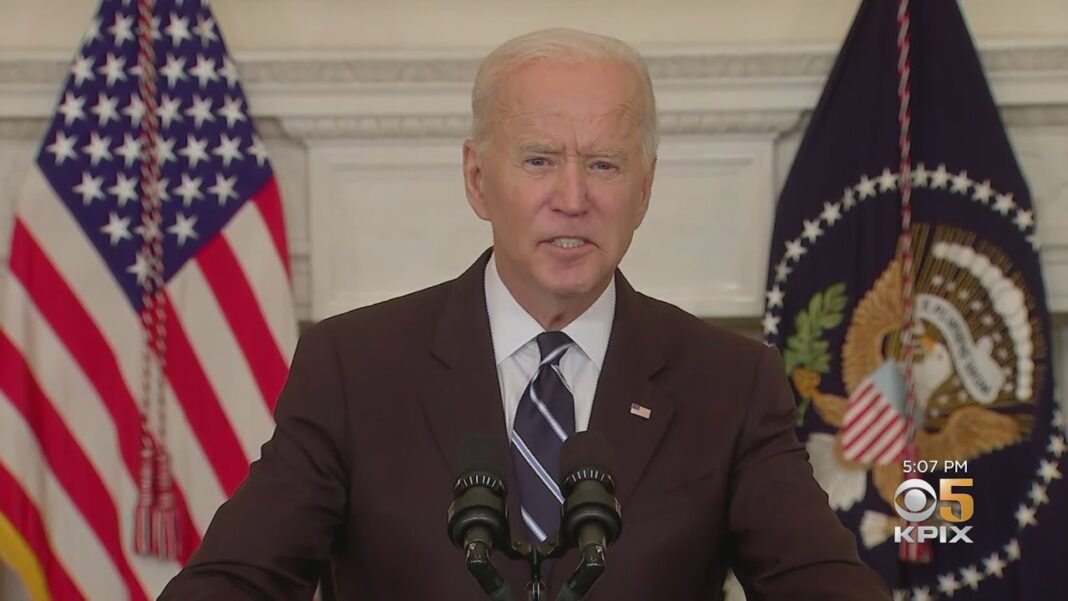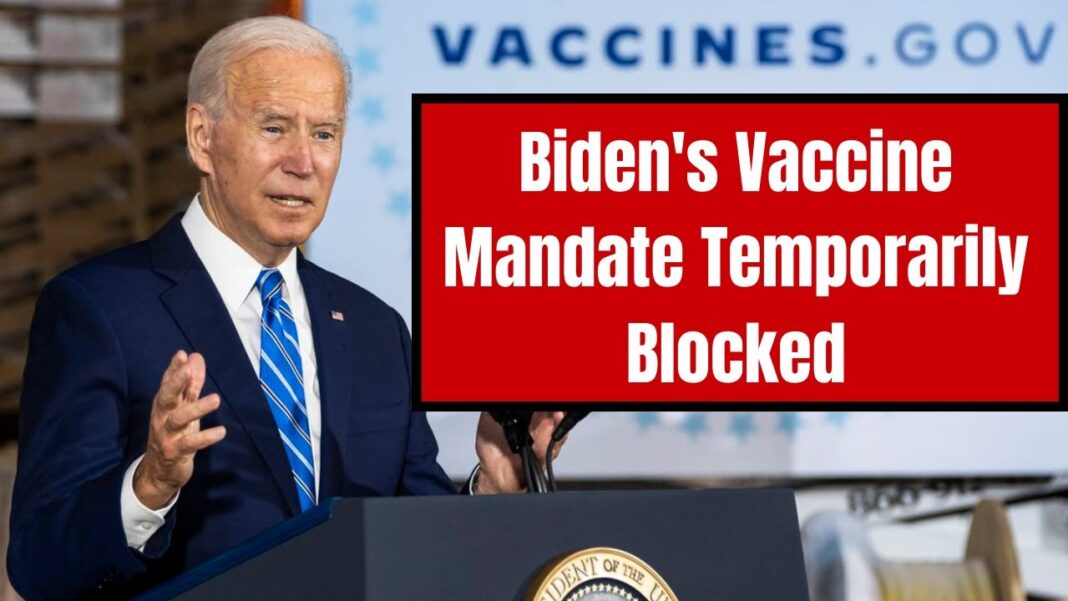
It’s one of the most expensive legislative packages in American history, but the $1.2 trillion bill will end up doing far less than it otherwise could have.
Finally, it actually was infrastructure week.
After a long day of back-and-forth negotiations between Democratic leaders and the caucus’ sometimes fractious progressive wing, the House of Representatives voted Friday night to give final approval to President Joe Biden’s $1.2 trillion infrastructure package. The final vote on the so-called “bipartisan infrastructure framework” lived up to its name, as 13 Republicans supported the bill while six progressive Democrats voted against it. (13 Republicans Named Below)
Progressives had been holding up the passage of the infrastructure bill in the House for months—it cleared the Senate in a similarly bipartisan fashion in August—in the hopes of using it as leverage to ensure the passage of a larger social spending package. That part of Biden’s “Build Back Better” proposal began as a $3.5 trillion spending plan but has been trimmed and rewritten several times. Both bills were scheduled to receive a vote in the House on Friday, but moderate Democrats reportedly asked for a delay on the second bill to allow the Congressional Budget Office (CBO) to complete a full analysis of its spending and tax-increasing provisions. That review is expected to take about two weeks.
Regardless of the second bill’s ultimate fate, the passage of the infrastructure bill is a political win for Biden. It took longer than he probably would have liked, but the final package is more or less what Biden outlined in March: a major bipartisan agreement to spend a huge sum of money on everything from roads and bridges to public transit and broadband internet. “Tonight, we took a monumental step forward as a nation,” Biden said in a statement after the bill passed.
But the infrastructure bill is also a missed opportunity. One that reflects so much of what is wrong with policy making in Washington, where political expediency and budget gimmickry always seem to take precedence over ideas that would give taxpayers the most bang for their trillion bucks.
Start right at the top of the $1.2 trillion package. The CBO projects that the bill will add about $256 billion to the federal budget deficit over 10 years. Actually, that number is likely to be closer to $400 billion because the infrastructure package includes a number of dubious offsets, particularly in how it proposes to reallocate unused funds appropriated in various COVID-19 emergency spending bills.
The bill is also larded up with provisions that will make infrastructure projects more costly for taxpayers. That matters, of course, because if you inflate the cost of building a bridge and you have a fixed amount of money to spend on new bridges, you’ll get fewer bridges.
For example, the bill’s “Buy American” provision is nothing more than performative patriotism and a handout to politically powerful unions. By mandating that materials used in road, bridge, and rail projects come primarily from the United States, Congress will effectively hike prices and engage in arbitrary protectionism. Just ask the currently hobbled Washington, D.C., metro system how well those laws work.
The infrastructure bill could have been an opportunity to reform other federal rules that unnecessarily drive up the cost of building infrastructure. Like the Davis-Bacon Act, which requires that most workers on federally subsidized building projects are paid the local “prevailing wage” negotiated by unions even if the workers themselves are not unionized—and only about 13 percent of construction workers are part of a union. The Davis-Bacon Act rules can increase the costs of infrastructure projects by as much as 20 percent.
Similarly, the infrastructure package could have suspended or eliminated parts of the National Environmental Policy Act (NEPA) in order to streamline environmental reviews of infrastructure projects. Currently, NEPA reviews take more than four years on average, and they are frequently used as tools to block development for reasons that often have little to do with the environment.
President Donald Trump had implemented some minor NEPA reforms before leaving office, but the Biden administration has already undone them. “Biden’s proposed NEPA changes only ensure that more federal money will be spent on red tape,” Reason‘s Christian Britschgi explained last month.
While inflating the cost of actual infrastructure projects, the bill also promises to waste federal tax dollars on boondoggles like rural broadband internet. To justify $42 billion in subsidies for building out unnecessary fiber-optic lines, the bill cleverly changes the definition of “broadband” to make it look like fewer American homes have access to high-speed internet. Other provisions in the proposal virtually guarantee that those subsidies flow to publicly owned networks rather than private ones. This seems to fulfill an ideological goal—making internet access more like a public utility rather than a private service is what many advocates of broadband spending seek—rather than a practical one.
The $1.2 trillion infrastructure bill now sitting on Biden’s desk is one of the most expensive legislative packages in American history. But even though $1.2 trillion is an almost unfathomable amount of money, that spending will end up doing far less than it otherwise could have.
Friday’s harried negotiations over the infrastructure bill were, in the words of progressive Rep. Mark Pocan (D–Wis.), “a clusterfuck.” The same could be said about much of the final version of the bill too.
By ERIC BOEHM
Read Original Article on Reason.com
The 13 Republicans joining Democrats in support of the bill were:
- Reps. John Katko (R-N.Y.) https://katko.house.gov/
- Reps. Andrew Garbarino (R-N.Y.) https://garbarino.house.gov/
- Reps. Nicole Malliotakis (R-N.Y.) https://malliotakis.house.gov/
- Reps. Tom Reed (R-N.Y.) https://reed.house.gov/
- Reps. Jeff Van Drew (R-N.J.) https://vandrew.house.gov/
- Reps. Chris Smith (R-N.J.) https://chrissmith.house.gov/
- Reps. Don Young (R-Alaska) https://donyoung.house.gov/
- Reps. Adam Kinzinger (R-Ill.) https://kinzinger.house.gov/
- Reps. Fred Upon (R-Mich.) https://upton.house.gov/
- Reps. Don Bacon (R-Nebr.) https://bacon.house.gov/
- Reps. Anthony Gonzalez (R-Ohio) https://anthonygonzalez.house.gov/
- Reps. Brian Fitzpatrick (R-Penn.) https://fitzpatrick.house.gov/
- Reps. David McKinley (R-W.Va.) https://mckinley.house.gov/





